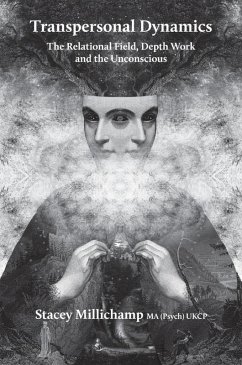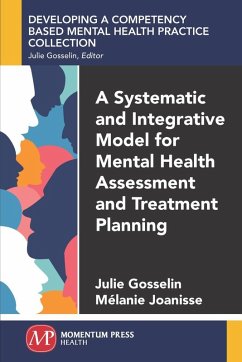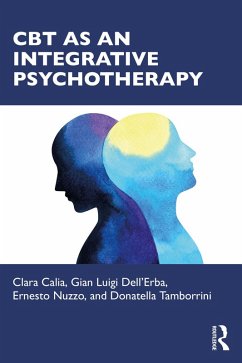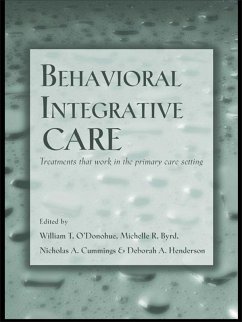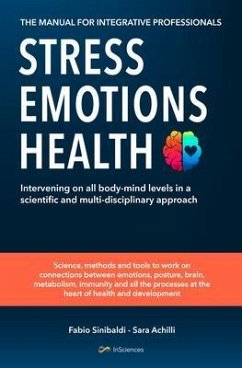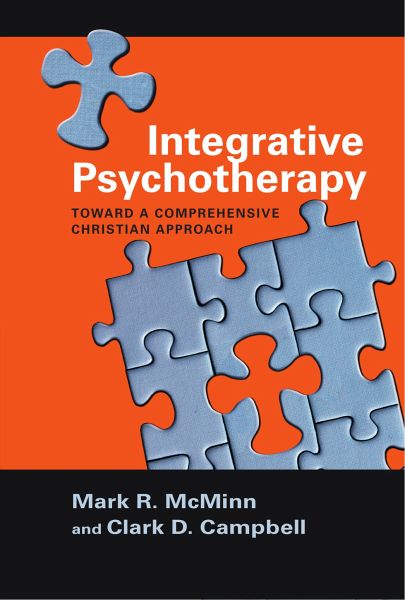
Integrative Psychotherapy (eBook, ePUB)
Toward a Comprehensive Christian Approach

PAYBACK Punkte
0 °P sammeln!
Integrating Models of Therapy with a Theological Framework In Integrative Psychotherapy, Mark McMinn and Clark Campbell present an integrative model of psychotherapy that is grounded in Christian biblical and theological teaching and in a critical and constructive engagement with contemporary psychology. This foundational work integrates behavioral, cognitive, and interpersonal models of therapy within a Christian theological framework. Not only do the authors integrate Christian faith and spirituality with the latest thinking in behavioral science at a theoretical level, they also integrate t...
Integrating Models of Therapy with a Theological Framework In Integrative Psychotherapy, Mark McMinn and Clark Campbell present an integrative model of psychotherapy that is grounded in Christian biblical and theological teaching and in a critical and constructive engagement with contemporary psychology. This foundational work integrates behavioral, cognitive, and interpersonal models of therapy within a Christian theological framework. Not only do the authors integrate Christian faith and spirituality with the latest thinking in behavioral science at a theoretical level, they also integrate the theoretical and academic with the pastoral and clinical, offering a practical guide for the practitioner. Topics covered in Integrative Psychotherapy include: - Christian and scientific foundations of integrative psychotherapy - Assessment and case conceptualization - Understanding symptom-focused, schema-focused, and relationship-focused interventions - How to apply the different types of interventions About the Series Christian Association for Psychological Studies (CAPS) Books explore how Christianity relates to mental health and behavioral sciences including psychology, counseling, social work, and marriage and family therapy in order to equip Christian clinicians to support the well-being of their clients.
Dieser Download kann aus rechtlichen Gründen nur mit Rechnungsadresse in A, B, BG, CY, CZ, D, DK, EW, E, FIN, F, GR, H, IRL, I, LT, L, LR, M, NL, PL, P, R, S, SLO, SK ausgeliefert werden.




